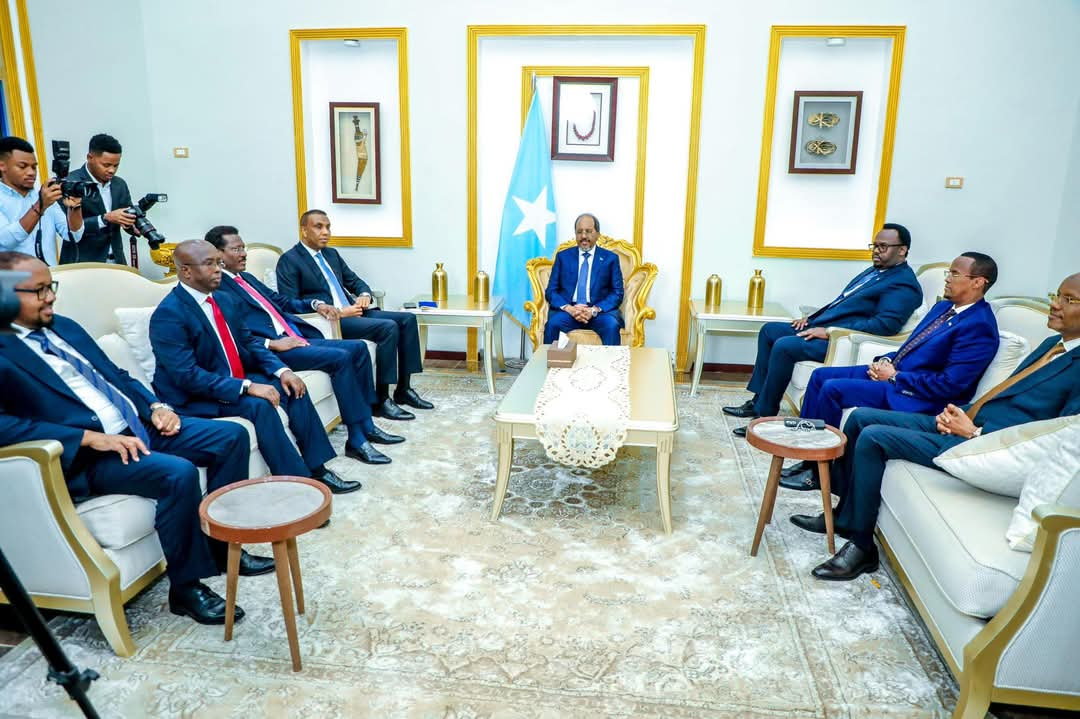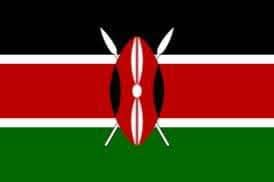Kenya Reaffirms Support for Somalia’s Sovereignty Nairobi, Kenya – May 26, 2025 — The Government…

Delayed NCC Conference Opens Amid Political Tensions and High Expectations
Delayed NCC Conference Opens Amid Political Tensions and High Expectation
Mogadishu, Somalia – May 7, 2025
After a 24-hour delay, Somalia’s highly anticipated National Consultative Council (NCC) conference finally convened in Mogadishu on Tuesday evening, drawing attention from both the Somali public and international observers. Originally scheduled to begin on Monday, May 6, the postponement added to the suspense surrounding a meeting expected to address key national issues, including the ongoing war against Al-Shabaab, strained intergovernmental relations, and contentious federal electoral and constitutional matters.
One of the most significant developments was the attendance of the leader of SSC-Khatumo State—marking the first time the newly formed regional administration has been represented at an NCC gathering. This move signals a potential shift in Somalia’s complex federal dynamics, as the federal government seeks to bring this emerging regional entity into the national political fold.
In contrast, Puntland State President Said Abdullahi Deni declined President Hassan Sheikh Mohamud’s invitation to the conference. The Puntland leader’s absence underscores deepening rifts between Somalia’s central government and one of its most politically active federal member states. Relations between Villa Somalia and Garowe have remained tense over matters ranging from power and resource sharing to electoral frameworks.
Jubaland’s Ahmed Mohamed Islam (Madobe), whose leadership is rejected by both the federal government and opposition groups within Jubaland, was not invited to the conference.
While the official agenda of the NCC meeting centers on accelerating the fight against Al-Shabaab, it remains unclear whether other pressing issues—such as the disputed federal election process and constitutional review—will be addressed substantively.
Somalis at home and abroad, along with key international partners, are closely watching the proceedings. The outcome of the conference may prove pivotal in shaping the country’s security strategy, intergovernmental relations, and the broader roadmap toward stable and democratic governance.


